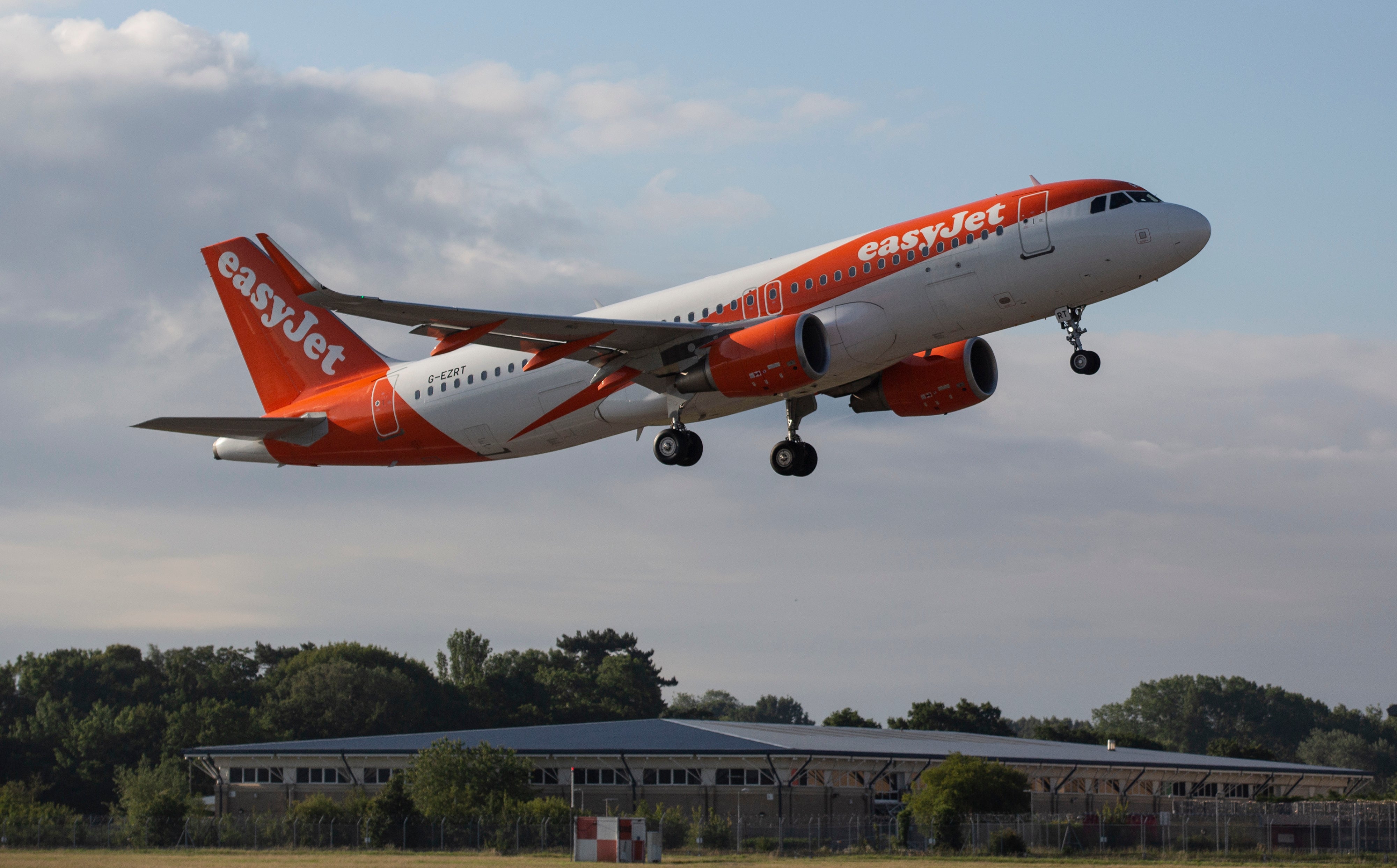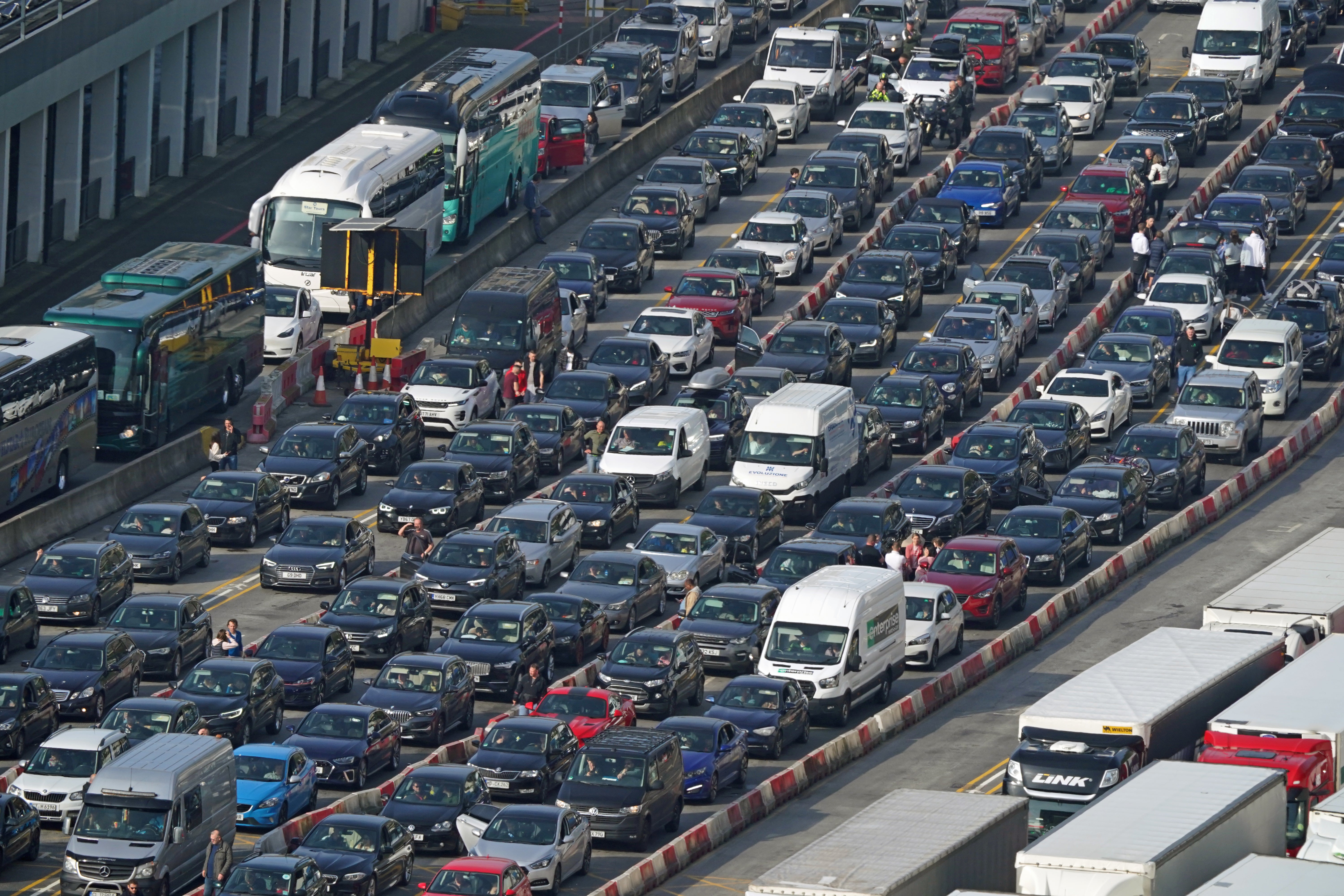Emission rules for driving to Italy: can you clear the air for me?
Simon Calder answers your questions on dealing with low-emission zones, passport rules, and the causes of queues at Dover


Q We are driving from the UK via France and Switzerland to Italy in June (in a 2009 Toyota Yaris). I know that we will need a “Crit’Air” certificate for France. Will I need something similar for Switzerland and Italy?
Kevin J
A Some cities – Paris, Grenoble, Lyon, Nice, Rouen, Reims, St-Etienne, Strasbourg and Toulouse – operate low-emission zones (LEZs). They require vehicles to show a Crit’Air sticker (air quality certificate) that classifies vehicles according to the particles and levels of nitrogen oxide that they emit. The idea is that the least-polluting vehicles may be given preferential treatment, while higher-emission vehicles may be banned at all times (diesel cars manufactured earlier than 2006 are banned from the roads of Paris) and or at certain times when air quality is low.
This round sticker comes in six colours depending on air pollutant emissions; your car (and most others) appears to fall into category 2, which is yellow. You can buy the pass for €3.11 (£2.60) plus postage.
In Switzerland, motorists using motorways (and some non-motorway express routes must buy a Swiss motorway vignette, which costs 40 Swiss francs (£33) and is valid, curiously, between 1 December 2021 and 31 January 2023. You can buy it in advance or at the border.
Italy is much more analogue, with standard toll motorways where you pay according to distance (UK credit cards are accepted for contactless payment). A big problem for visiting motorists in Italy, though, is the Zona a Traffico Limitato (ZTL), generally in the heart of cities. Only locals and those with special permission (eg motorists staying at hotels in the zone) are allowed in, and anyone straying past the warning sign (a red circle on a white background) is likely to be fined heavily.

Q I was denied boarding this morning for a four-day trip to Spain by easyJet stating that my passport wasn’t valid. It was issued on 12 July 2012 and expires on 12 August 2022. Any advice?
RJ
A I am really sorry to hear yet another case in which Britain’s biggest budget airline has chosen to deny travel to a passenger with a perfectly valid travel document. For a four-day trip to Spain, your passport is valid for travel outbound up to 8 May 2022.
Just for a brief restatement, your passport needs to have been issued in the past 10 years (yours was) and be valid for at least three months after your intended date of return (yours is). These conditions are independent: there is no need for a passport to be under nine years and nine months.
My source for this is a statement from the Migration and Home Affairs Department of the European Commission in Brussels. I was told: “Entry should be allowed to those travelling with passports issued within the previous 10 years at the moment of entry into the Schengen area.
“The condition that the passport must have been issued within the previous 10 years does not extend for the duration of the intended stay. It is enough if this condition is fulfilled at the moment of entry.
“To give a practical example, a non-EU traveller arriving on 1 December 2021 for a 20-days stay in the EU with a passport issued on 2 December 2011 and valid until 2 April 2022 will be allowed entry.”
When I received this unambiguous information I shared it with easyJet and its rivals. They are, of course, free to make their own checks with the authorities in Brussels.
Since easyJet has chosen to impose different conditions, I suggest you write to the airline seeking the stipulated denied boarding compensation (£220 or £350 depending on the length of the flight), a full refund of the fare and, crucially, associated costs such as unrecoverable hotel payments.
Meanwhile, there are plenty of planes that can take you out to Spain using your current travel document: as far as I am aware, Jet2 and British Airways are not making up their own passport rules.

Q You said that the queues at Dover this weekend weren’t because of P&O Ferries suspending sailings but were a Brexit consequence of French officials checking passports. Are you suggesting that pre-Brexit the French didn’t look at passports? Passports have always been checked.
Pete J
A This weekend – particularly Good Friday – saw thousands of leisure motorists queuing for hours at Dover. (Many trucks appear to be queuing for days, but I am not competent to comment on the factors at work for freight.) It is now a month since P&O Ferries suspended sailings on the Dover-Calais route, and the fact that three big ships are tied up rather than shuttling between England and France is not helping to smooth journeys and meet the demand for travel across the Channel.
But I also believe that this will turn out to be the busiest weekend since the UK left the European Union, and therefore the biggest test of post-Brexit passport arrangements. French frontier officials are stationed on British soil at the port of Dover. While we were members of the EU, the only check that they were allowed to make was to verify that travellers had valid identification. In practice, as countless travellers will testify, British visitors were often waved through with no more than a glance at the outside of the passport.
Since the UK decided on a hard Brexit and we became “third country visa-exempt travellers”, the French officials have much greater obligations. As the frontline for the whole EU, they must examine each passport and stamp it. They need to be satisfied that the traveller has not spent too much time in the EU recently (a maximum of 90 days in any 180 days). If they deem it necessary, they must further ask the traveller about their financial resources and for proof that they will return home after a short visit.
That helps to explain why, on Friday evening, DFDS Ferries was advising customers leaving Dover: “Please allow 210 minutes to complete border control checks prior to check-in.” I fear we shall have to become used to such delays at peak times.
Via the latest Ask Me Anything at independent.co.uk/travel
Email your question to s@hols.tv or tweet @simoncalder






Join our commenting forum
Join thought-provoking conversations, follow other Independent readers and see their replies
Comments